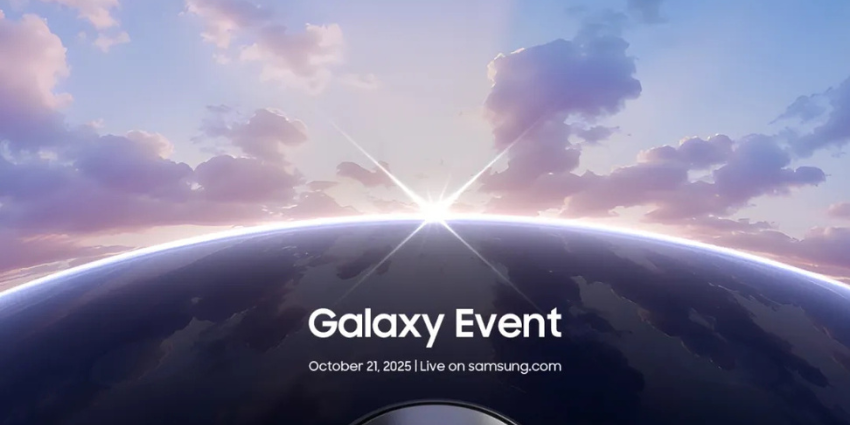Meta has made several significant changes to its immersive platform via its v60 update, which will roll out across its family of product lineups, reports revealed this week.
The changes began rolling out on 4 December and are taking place across Meta Quest 2, Meta Quest Pro, and Meta Quest 3 virtual reality (VR) headsets.
v60 is coming. Here’s what’s new:
New Horizon Home Environments
⚡ Quest Performance Updates
New Profile Design
Boundary and Space ImprovementsBlog here: https://t.co/6gyRZjFvf6
Full Details Below ⤵️
— Meta Quest (@MetaQuestVR) December 4, 2023
However, it has begun removing Android and iOS notifications, effectively decoupling Meta’s head-mounted displays (HMDs) from messages on smartphones and other devices.
This comes just two years after Meta introduced the messaging feature, which prevented people from referring to their smartphones during gameplay.
Some of Meta’s headsets like the Quest 2 cannot check due to lower quality passthrough, but the Quest 3 and Pro can show full-colour passthrough in the field of view (FoV).
Additional Meta v60 Updates
New Home Environments: Further adjustments to the Meta Horizon Home interface include new home environments such as the Blue Hill Gold Mine and Lakeside Peak.
Common Interests: Users can meet other people on the Horizon platform with similar interests to have conversations and build communities. Users can customise how they present their information to others.
Meta is adding a few new home environments to choose from in the V60 update
One of them, Lakeside Peak, feels very similar to what Apple has been showcasing as virtual environments for their HMD pic.twitter.com/rIjxRgpMoA
— Brad Lynch (@SadlyItsBradley) December 4, 2023
CPU-GPU Overclocking: Meta will allow users to clock their central and graphics processing units (CPU/GPU) when operating mixed reality (MR) applications.
This will improve the quality of app experiences and increase the response times for user interfaces (UI), boosting CPUs by up to 34 percent and GPUs by around 19 percent compared to default settings.
Cloud Computing for Boundaries: Finally, the Meta Quest family will offer cloud computing to enhance how devices remember boundaries.
Normally, users are required to draw boundaries to protect their bodies from unintentional collisions with stationary objects on the ground. With the new feature, people can remember their physical spaces more easily while entering and interacting with virtual environments.
v57 Removes Boundaries for Mixed Reality Gameplay
The Meta v60 update comes after the Menlo Park-based company unveiled a host of updates in its v57 release. Ahead of the Meta Connect 2023 event in September, Meta offered its users several important updates to improve the functionality of its headsets.
For example, it allowed users to remove their boundaries for the first time to experiment with mixed reality functions, which it significantly updated for Quest 3 devices. This ultimately allowed Meta to showcase its MR passthrough for ‘untethered’ virtual experiences blending people’s physical and virtual worlds.
Should Meta continue to innovate its passthrough capabilities, it could eliminate boundaries for most mixed reality experiences, leading to more imaginative gameplay.
Users can find additional data on the company’s Release Notes website.
v51 for Meta Quest Devices
Before the Meta v60 update experimented with messaging and v57 with passthrough, it also began tweaking other security-related features for the Quest Pro.
Some of the key adjustments included local dimming support for the Meta Quest Pro and additional Public Test Channel (PTC) support.
Its most crucial update was that starting from June 30, developers were required to build apps compatible with Android 12L. The push streamlined developer app production for Android users and a move to facilitate greater interoperability for current and future titles.
With Android 12L, smartphones using Android 13 could boost security and user experience quality. This could also fully tap the device’s Qualcomm Snapdragon XR2+ Gen 1 processor from the Quest Pro, an enterprise XR mainstay for headsets and devices.
Furthermore, Meta would require test result page security warnings for existing apps failing to run Android 12L by the 30 June deadline.







